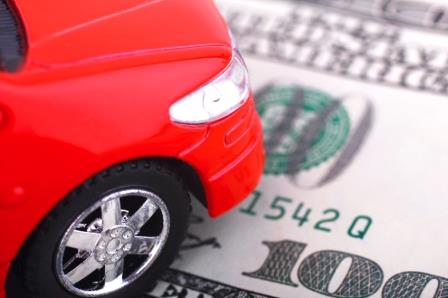

Credit has long been a controversial underwriting factor in auto insurance, but the exact degree to which a person's borrowing habits affect their final bill has remained a mystery to agents running quotes for their clients.
Now, a new report succests those without credit pay an average of 53% more for auto insurance than those with excellent credit scores.
The study, conducted by credit score website WalletHub, sought to determine how important credit data was to insurance underwriting, specifically auto insurance. For the study, WalletHub obtained quotes from five major auto insurance providers (Allstate, Farmers Insurance, GEICO, Progressive, and State Farm) for two hypothetical consumers—one with excellent credit, and one without credit.
Read more: Progressive vs State Farm - world's largest auto insurer revealed
Other things, the study's findings include:
Credit score by state
Geography also mattered when it came to credit history and an insured’s bottom line. While credit score had an average 65% differential in cost nationwide, some states relied on the underwriting factor more than others.
Credit data had the most impact in the District of Columbia, with a whopping 126% fluctuation, and the least in Vermont (18%). Other highly credit-reliant states include Wyoming (114%), Indiana (110%) and Maine (109%).
On the other end of the spectrum are Montana (24%), New Mexico (26%) and North Carolina (26%).
California, Hawaii and Massachusetts were not included in the lineup as state laws prohibit some factors, like credit history, from being incorporated into auto insurance ratemaking.
Should credit be used at all?
The use of credit history as an underwriting factor is very hotly debated among those in the industry. If you listen to J. Robert Hunter, Director of Insurance for the Consumer Federation of America and former Texas Insurance Commissioner, all underwriting variables other than driving-related factors are unfair.
“Actuaries must look for some logical connection to risk,” Hunter said. “Good classifications have both correlation and a good thesis—they need to logically relate. Let’s get rid of these factors that make rates go up for poor people for the benefit of the rich.”
Related Stories:
Massive 25% rate hike for national auto insurer goes forward
Morning Briefing: Usage-based auto insurance set to surge says study
